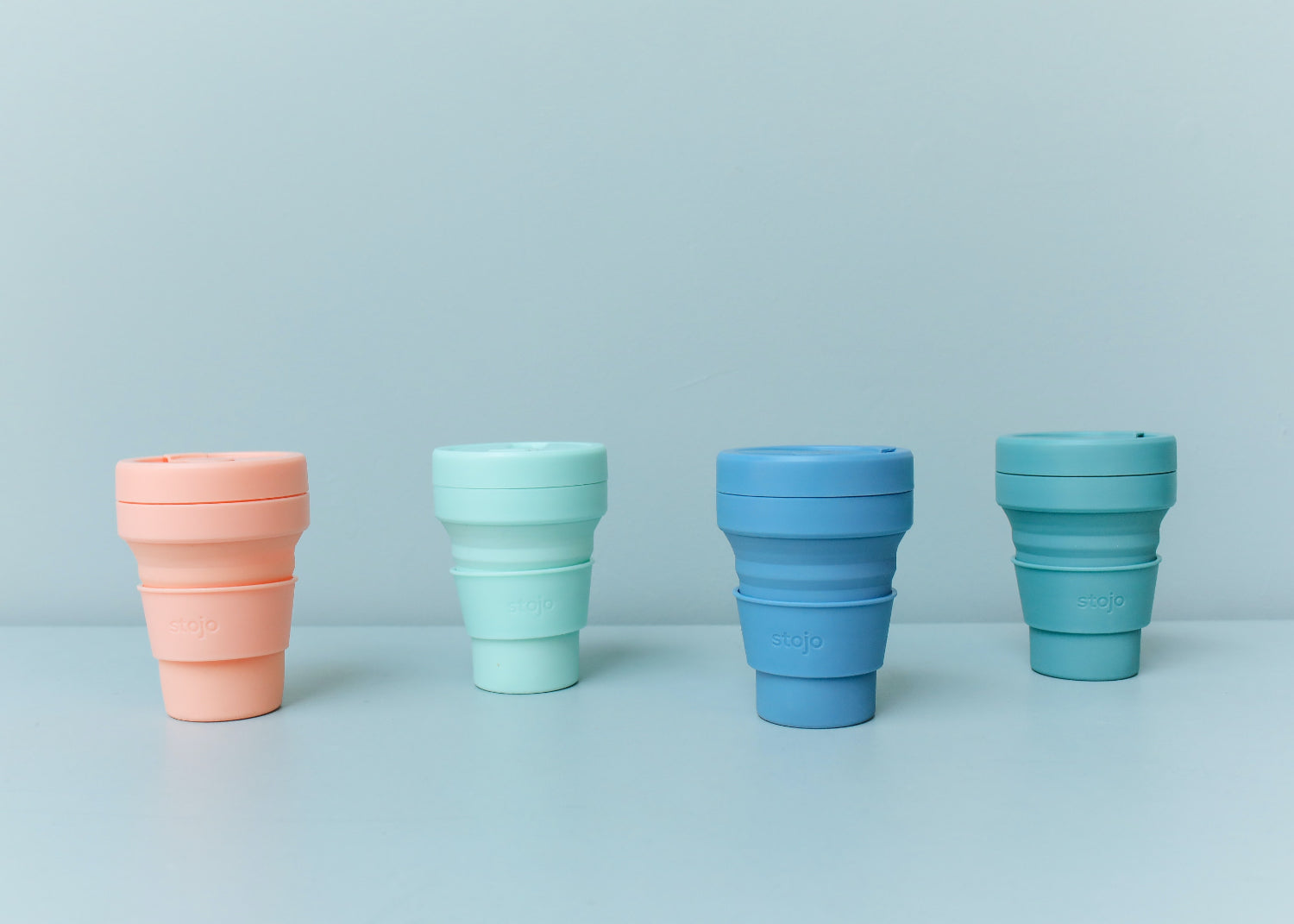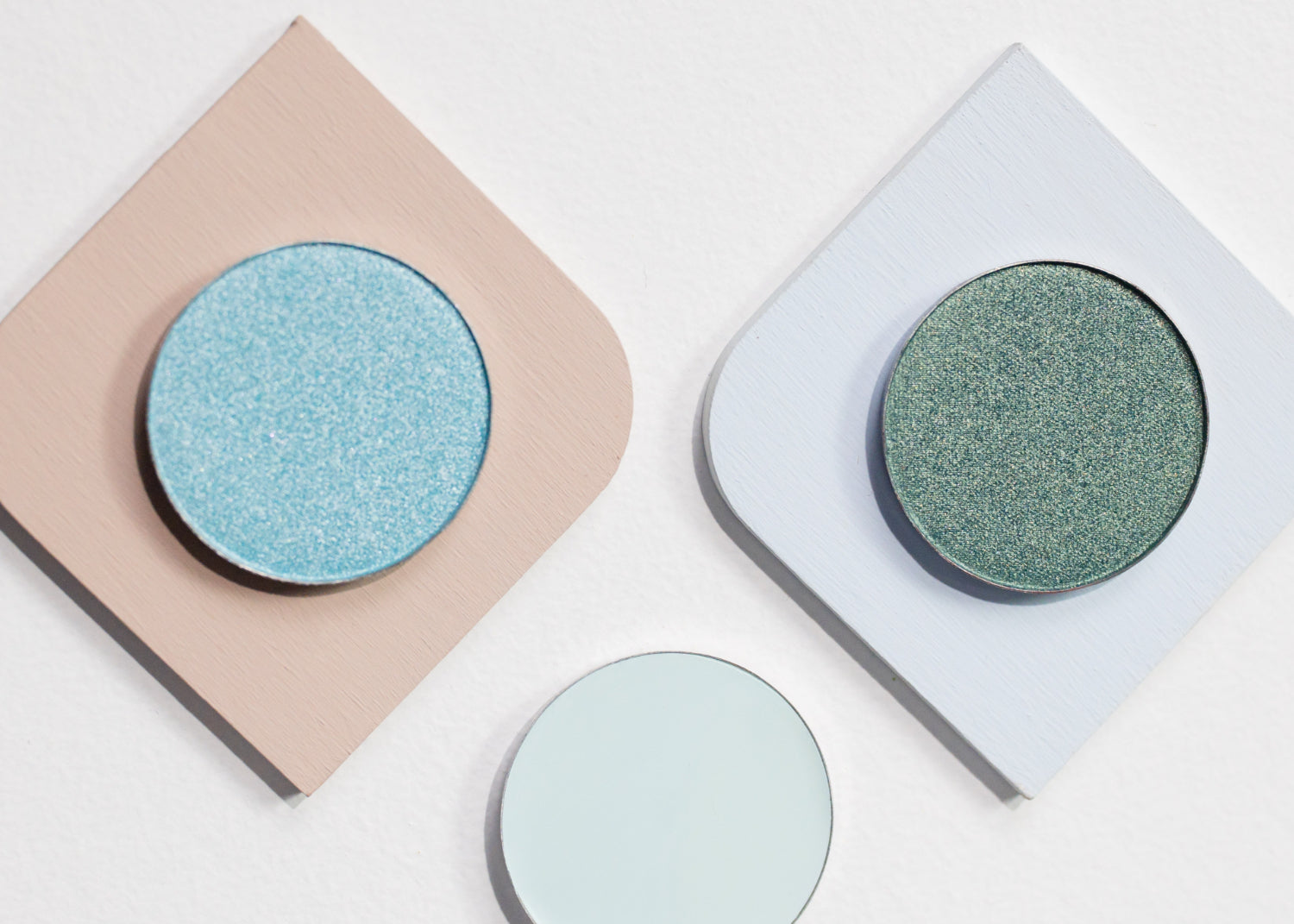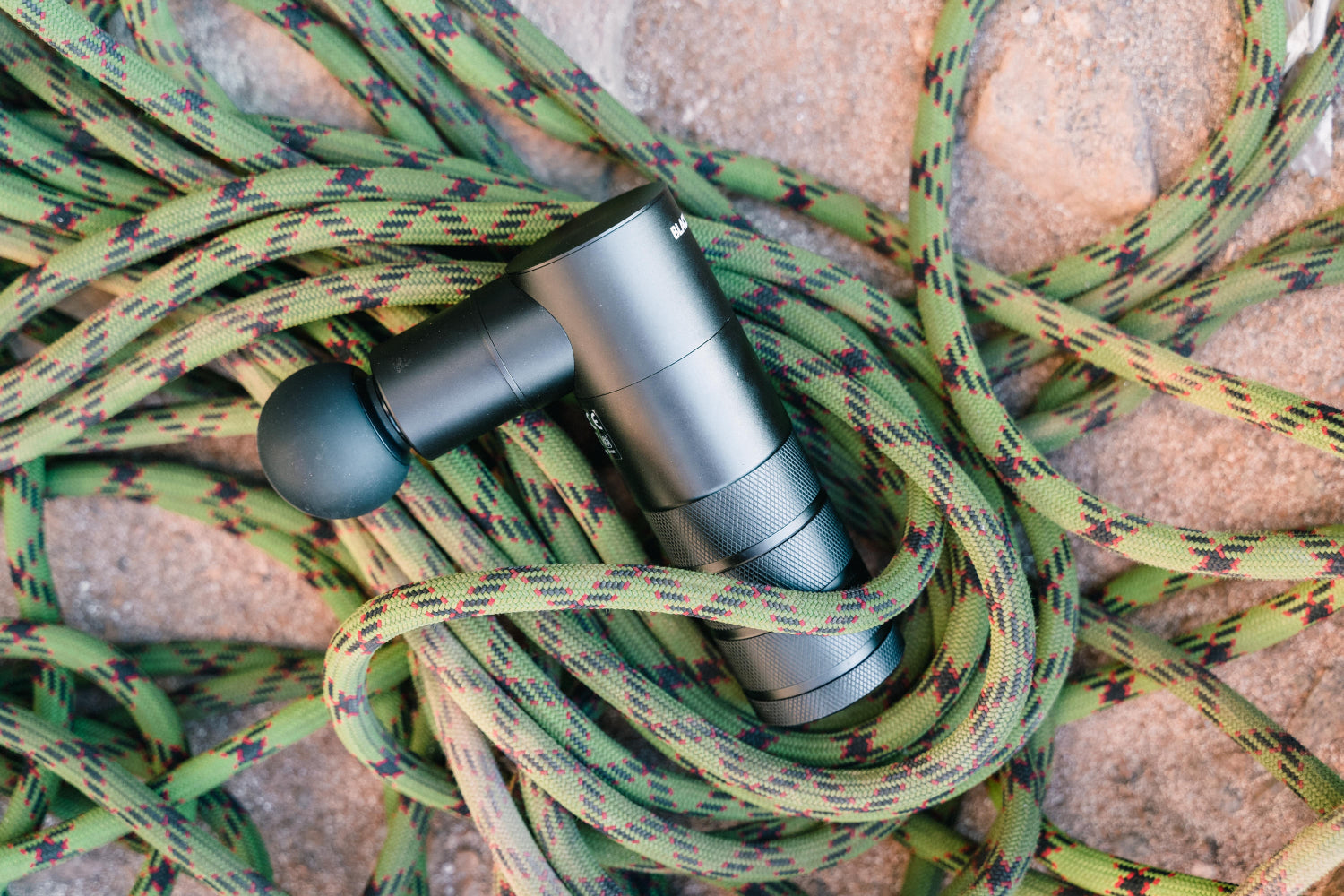What if you could go to market this week with your own brand of massage gun, memory foam dog bed, or skin care serum?
White labeling makes this possible. It’s the practice of selling products manufactured by others, customized with your designs or branding. Selling white label products is a straightforward option for those looking to jump on a trend or avoid manufacturing products on their own.
Ahead, discover 13 ideas for popular white label products that you can brand and start selling today.
What is a white label product?
A white label product is a generic product or service manufactured by one company and then branded and sold by other companies. Common examples of white label products include cosmetics, electronics, household goods, and software. White label products are typically customized with unique product packaging, logos, and original features to associate them with a particular brand.
Commonly, retailers source white label products by working directly with a manufacturer, or create them themselves by using a print-on-demand service.

White label products are similar to private label products. Both terms refer to products manufactured and branded for a third-party seller. Private label products, however, undergo further customization for individual retailers. They are likely to contain unique ingredients or materials, and may have bespoke packaging. White label products, in contrast, tend to have limited options for customization.
For example, a hair care product sold under Walgreens’ generic brand at its stores would be classed as a private label product. Whereas a phone case sold under several brand names on Amazon is a white label product.
13 white label products to sell online
- Reusable water bottles
- Cosmetics and skin care products
- Phone accessories
- Fitness clothing and accessories
- Pet accessories
- Mugs
- Essential oils
- LED lights and fairy lights
- Tote bags
- Massage guns
- Coffee beans
- Beach towels
- Apparel and fashion accessories
1. Reusable water bottles

Water bottles are low-cost, practical, and universally used items. If you’re an artist or designer looking to sell merch, they make great canvases for your work. Water bottles can also be white labeled with a simple logo and used for brand awareness.
Say you sell digital fitness content like online yoga classes or virtual personal training: branded water bottles offer a way to expand your brand awareness with a physical product.
When designing your own white label water bottles, consider different materials like stainless steel, glass, and silicone.
2. Cosmetics and skin care products

Many of the cosmetics brands on the market today are made by a handful of manufacturers. In some cases, multiple products contain the exact same formulation. What sets white label products apart? Their branding, packaging design, and marketing campaigns.
For example, Kylie Jenner’s cosmetics brand is produced by Seed Beauty, a private-label company that also makes white label products for brands like ColourPop.
To start your makeup line using white label cosmetics, try launching with a single flagship item, like lip balm to help you learn the process, and expand from there.
3. Phone accessories

Like water bottles, white label phone accessories are inexpensive to produce, widely available, and easily customizable. Phone cases are a great option for designers or artists to showcase their work on an affordable accessory—as well as other useful gadgets like charging cords and car mounts.
For entrepreneurs in this niche, Shopify’s YouTube channel has a comprehensive beginner’s guide to making and selling phone cases.
4. Fitness clothing and accessories

Trends in fitness gear and athletic wear ramped up during the pandemic and changed the way many people work out. Popular products like yoga mats, sports socks, leggings, fitness equipment, t-shirts, and water bottles are available through manufacturers and print-on-demand companies.
Ideas for white label fitness businesses include starting an online boutique or creating customized workout merch to monetize a fitness influencer channel.
5. Pet accessories

The rise in flexible working arrangements means workers everywhere are replacing colleagues with furry companions. And with more pets comes more demand for pet products.
Enter the booming pet industry by white labeling products like dog beds, cat toys, and aquarium accessories. This is a great option for pet service businesses that may wish to add branded products to their offering.
Ideas for your own pet business? Here’s how to sell pet products.
6. Mugs

Ceramic mugs emblazoned with local references; travel mugs engraved with national park wonders; enamel mugs with custom artwork—there are many options for adding white label branding to mugs and flasks. And, it’s a good time to get into the drinkware space, with demand for specialist coffee continuing to increase and the market expected to double by 2030.
7. Essential oils

Self-care and wellness trends are also showing no signs of slowing, making this a profitable industry for newcomers. Essential oils, diffusers, and bath products can all be white labeled and sold online. Branded oils are a great way for wellness influencers to monetize a personal brand or make their first foray into ecommerce.
8. LED lights and fairy lights

Fairy lights, LED light-up sneakers, solar-powered camp lights, flashlights, and novelty lights can all be found through white label manufacturers. There are many brands on the market selling subtle variations of the same white label product, so invest in differentiating your brand and marketing from your competitors.
9. Tote bags

In recent years, consumer trends have pointed to increased interest in supporting sustainable practices and businesses. Retailers can enforce their green credentials with white label products like branded reusable totes. Consider designing and giving away totes to encourage customers to ditch plastic—while increasing your brand awareness.
Tote bags are great options for graphic designers and artists, too. The large, flat surface is a blank canvas, offering an easy way to monetize your art. White label tote bags are often available through print-on-demand services, allowing you to get started with a low initial investment.
10. Massage guns

Massage guns are another breakout product idea of recent years, providing post-workout therapy and relief from muscle soreness. Consumer gadgets like massage guns can be excellent white label products to consider if you are looking to sell higher-price, mid-market products.
Sites like Alibaba return multiple results for massage guns that can be customized with your own branding.
11. Coffee beans

Think beyond mugs—why not sell branded coffee beans? Some coffee producers will work with other brands to produce custom blends and packaging.
There are many companies designed to help new brands create and sell coffee on a white label basis. For example, Dripshipper is a white label coffee bean seller app that integrates with Shopify stores.
12. Beach towels

You can start a white label business with a seasonal product like beach towels. These products are always in demand and can be customized in a number of ways.
Fitness service businesses like surf schools may consider adding white label branding to towels to sell as merch. Artists can customize the entire design, turning drawings or paintings into usable products.
13. Apparel and fashion accessories

T-shirts, sunglasses, shoes, and more can become white label products to sell. If you run a fashion brand and are looking to upsell or cross-sell with branded accessories, consider adding your logo to white label eyewear. These types of white label products are often available through print-on-demand companies and include custom options like branded labels and tags.
How to choose a white label supplier
When you brand a product with your logo, you need to trust that its manufacturer can meet your quality standards. Here’s how to find a white label supplier that suits your business:
Check the supplier’s reputation
Start by conducting a thorough background check on potential suppliers. Look for white label suppliers who have a track record of reliability and, ideally, already produce products for the leading brands in your niche. A quick search of industry forums can reveal how a supplier has (or hasn’t) supported businesses like yours in the past.
Verify product quality
Quality cannot be compromised. Request detailed information about your chosen product’s manufacturing process and quality control measures. Look for recognized certifications such as ISO (International Organization for Standardization) or GMP (Good Manufacturing Practices).
For example, if you’re sourcing white label dietary supplements, you’ll need to ensure your supplier adheres to Food and Drug Administration (FDA) regulations and has appropriate health and safety measures in place.
Request samples of any product you want to sell, and carefully evaluate the quality before committing to a bulk order.
Explore customization
Even in small ways, the white label products you sell should promote your brand. Ensure your supplier can provide customization options that reflect your brand’s ethos and appeal to your target audience.
Whether it’s simple adjustments like custom packaging and labels, or more in-depth changes to recipes and features, your supplier should understand the need for your product to stand out.
Review lead times
Efficient production and delivery timelines are crucial to maintaining customer satisfaction. Discuss production and delivery timelines with your supplier, including contingency plans for what happens when there’s a fluctuation in order volume or supply chain issues.
With most retail sales governed by seasonality, it’s important to find a supplier that can handle spiking demand during peak seasons.
If you’re using a print-on-demand service to create your white label products, you’ll be able to easily compare supplier lead times from within the app.
Test customer support
Effective communication is key to any successful partnership. A supplier should be responsive and transparent. Prefer suppliers who assign a dedicated account manager to handle your needs. This can significantly enhance the communication flow and resolve issues quickly.
Choose domestic
If possible, consider partnering with domestic white label suppliers. This can offer advantages such as shorter shipping times, lower shipping costs, and fewer language barriers, which can streamline communication and operations.
Best industries for white label products
In recent years, brands in several industries have leveraged white label manufacturers to expand their product ranges. Here are some of the most promising sectors for white label products:
- Software as a service (SaaS): Companies without the resources or expertise to develop software can purchase pre-built white label SaaS products, including consumer apps for shopping, streaming, and ordering.
- Health and beauty: Basic products like skin care creams or hair care solutions are ideal candidates for white labeling.
- Food and beverages: This industry has seen a rise in demand for private label food products, especially in organic and niche food categories.
- Clothing and accessories: Fashion retailers often use white label solutions to offer branded clothing lines without the need for in-house production.
- Consumer electronics: White label headphones, smartwatches, and other tech accessories are a cost-effective entry point for electronics brands without the ability to develop products.
- Home and garden: White label products in home décor and gardening, including furniture, tools, and home accessories, allow retailers to expand their product lines and create cross-selling opportunities.
Pros and cons of selling white label products
Pros
- Cost-effective: White labeling lets businesses save on research, development, and production costs.
- Quick market entry: Without a product development phase, brands can go to market more quickly.
- Marketing focus: Companies can concentrate their efforts on building a brand.
- Scaling options: Businesses can expand their product lines rapidly to meet market demand.
Cons
- Limited control: Companies using white labeling have less control over the manufacturing process and any issues with production reliability or availability.
- Limited customization: While some customization is possible, white label products do not offer the same level of uniqueness as private label or fully custom products.
- Brand dilution: Poor white label product quality may lead to negative perceptions of the associated brand.
Start selling your own branded products today
The barriers to starting a business diminish with every technological advancement, new automation tool, and sales channel where you can find customers.
White labeling allows you to start a business today, whether as a side gig using a print-on-demand service, or with a low-effort dropshipping website.
Read more
- How To Source Products To Sell Online
- Amazon Dropshipping Guide- How To Dropship on Amazon (2024)
- The Ultimate Guide To Dropshipping (2024)
- The 9 Best Dropshipping Websites for Your Online Store
- The 13 Best Dropshipping Suppliers in 2024
- The Most Profitable Digital Products to Sell (and How to Promote Them)
- 130+ Dropshipping Products To Sell for Profit
- Free Business Plan Template- A Practical Framework for Creating Your Business Plan
- 17 Unique Business Ideas for You To Try This Year
- 12 Woodworking Projects and How to Sell Them Online
White label products FAQ
Where should I sell my white label products?
You should sell white label products in your online store. You can sell directly to customers through your website, as well as via social shopping channels and marketplaces. Some white label sellers also distribute their products to other retailers through wholesale channels.
Where can I find white label products?
A popular place to find white label products is Alibaba. But many companies produce a white label version of their products for brands to sell. Some white label providers, including print-on-demand and dropshipping companies, integrate directly with your Shopify store.
How do I start selling white label products?
- Choose a product.
- Find a supplier and determine if you will buy inventory, dropship, or print products on demand.
- Create a brand and branding assets for your business.
- Submit your brand customizations according to your supplier’s specifications.
- Set up a Shopify store and sales channels. If possible, link your supplier directly to your Shopify store.
- Start selling!
Are there any risks to selling white label products?
Work with reputable white label suppliers that produce safe, legal products. Be sure to investigate any legal considerations, as you are not creating products yourself and will have little oversight of the manufacturing process.
There may also be financial risk if you decide to buy a lot of inventory upfront. As your white label products will be customized with your logo or designs, they will be difficult to return. Research any company you decide to work with and request samples before committing.
Be sure that you can personally vouch for the white label products you’re selling. Be ethical and honest with your claims, and transparent with your customers if they have issues.





